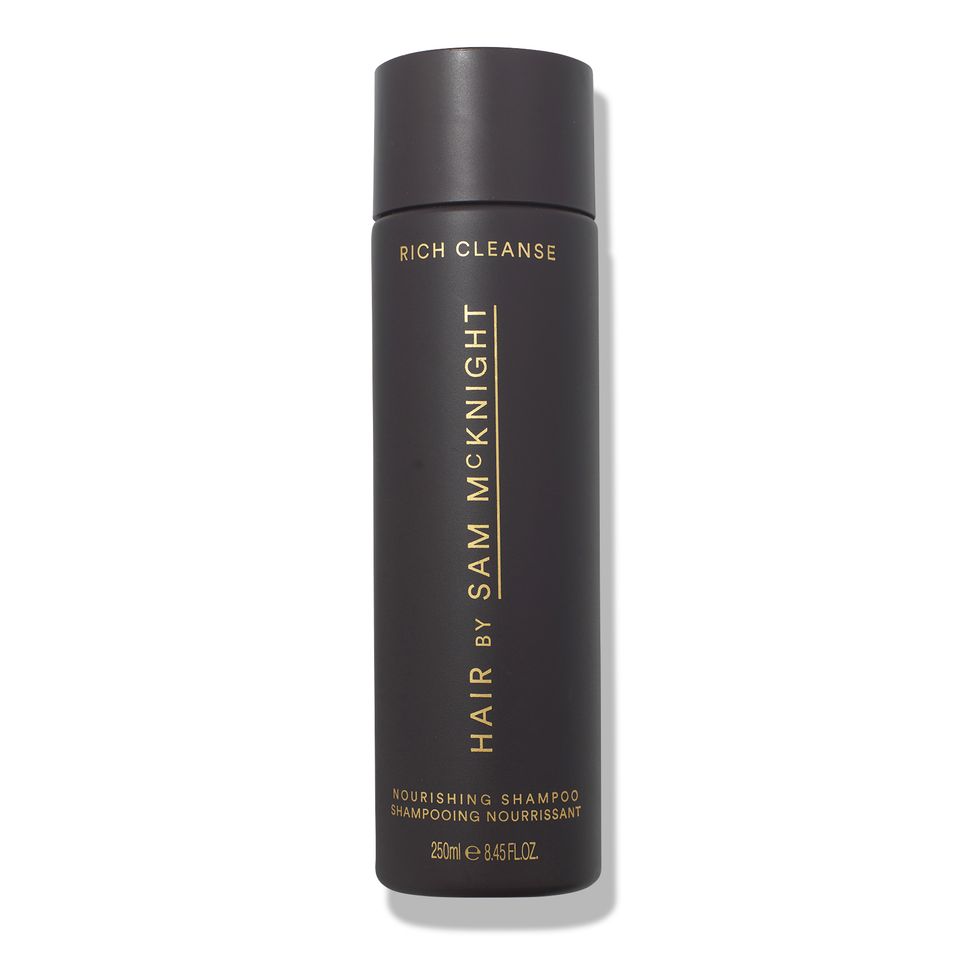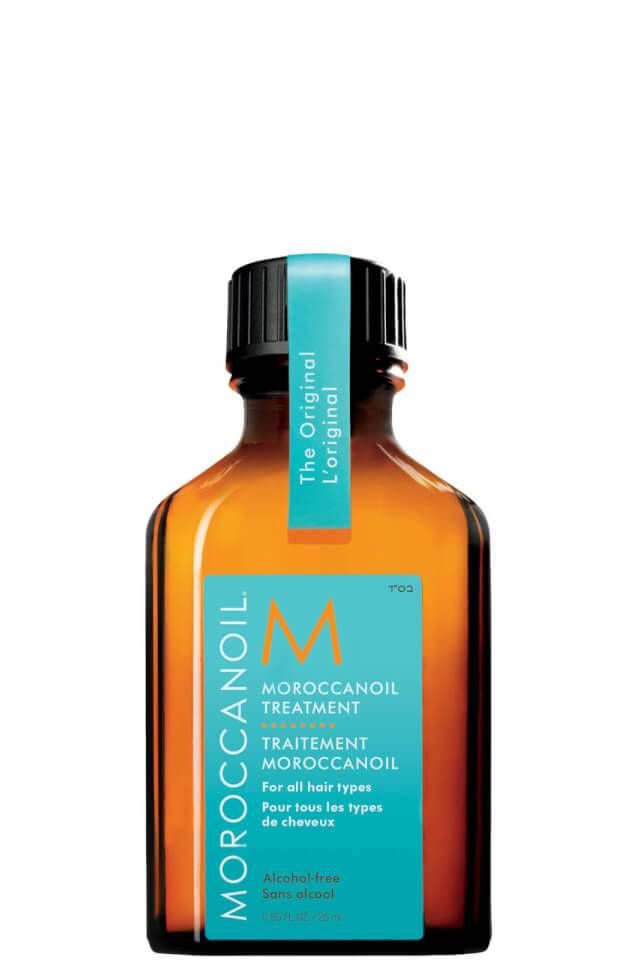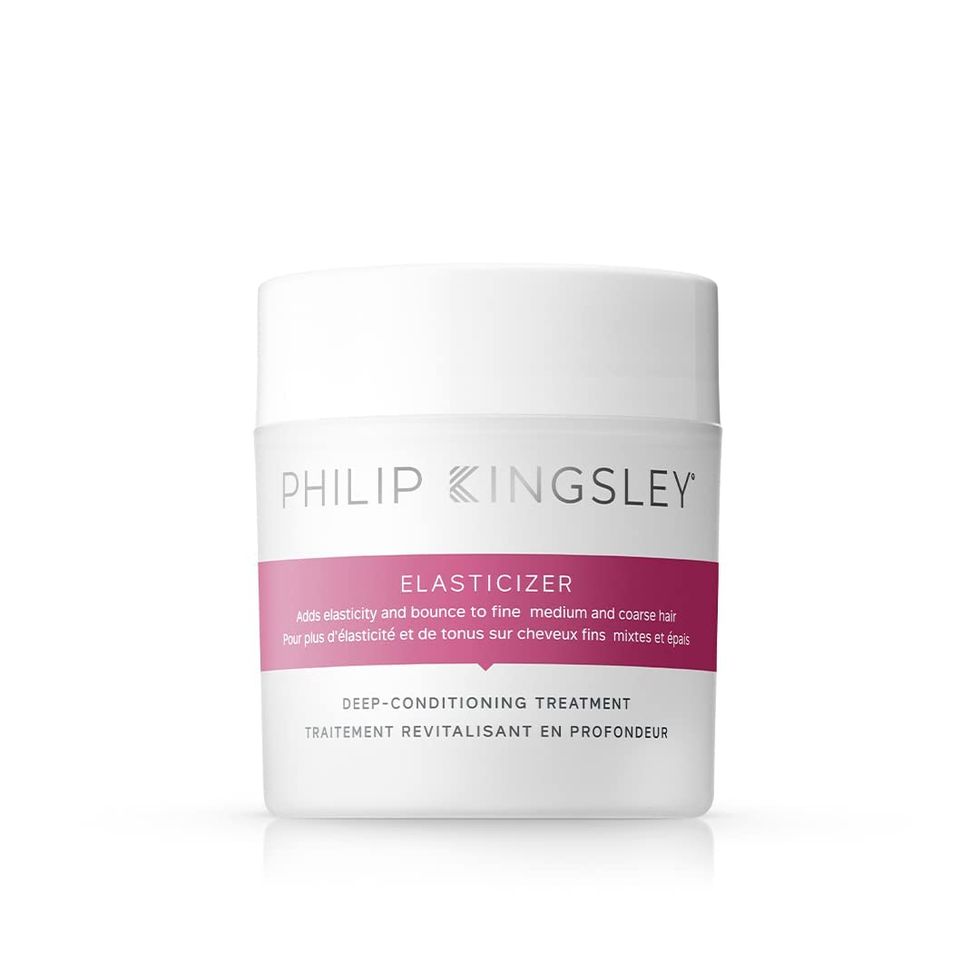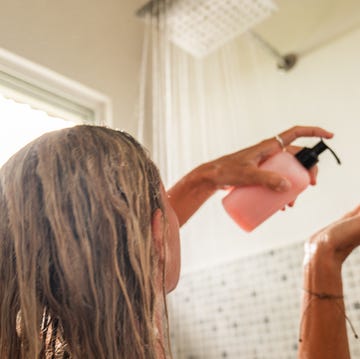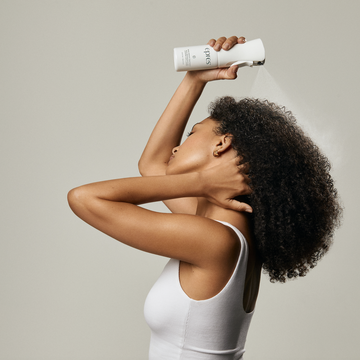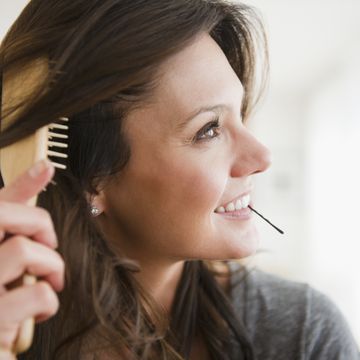No one wants to be That Person on holiday – the one who fusses around in the sea, trying not to get their hair wet. Whether you’re in the Costas or Cornwall, you’ll want to dive right into the fun without fretting about wetting your hair.
Salt water does have its downsides, but this doesn’t need to dampen your enjoyment when you’re on a beach holiday. We’ve asked the experts how best to prevent and deal with the damage from sea water (or salt-water pools) to minimise the impact on your hair and your holiday.
Is sea water bad for your hair?
Unfortunately, yes, it can be. 'While a natural, air-dried, tousled wave, courtesy of the crunchy salt, can look great, too much salt water can do damage to your hair,' says Kala Kilshaw, owner of Portsmouth-based hair salon Kilshaw & Co.
What to read next
'Sea water and chlorine both swell the cuticle on the outermost layer of the hair, making it vulnerable to damage,' she says. This corrodes some of the hair’s natural protection, which in turn makes it dry and prone to breakage, and more tangled and knotty. It can also fade hair colour and irritate the scalp.
What should I do before a beach holiday?
It’s a great idea to prime your hair so it’s better able to withstand the impact of salt water, advises hairdresser and Olaplex ambassador Tracey Cunningham, whose client list spans everyone from Jennifer Lopez to Halle Berry. ‘Salt water (and also chlorine) can really take a toll on your hair, she says. ‘In the summer, I always tell my clients to start with Olaplex’s No.3 pre-treatment, then follow with a moisture mask.’
While loading up your hair with conditioning ingredients is a smart move, stay away from the salon, advises trichologist and Absolute Collagen ambassador Eva Proudman. ‘Try not to have your colour refreshed just before your holiday. Colour makes the hair more porous and susceptible to damage, so save it for when you get back home.’
Should I do anything before taking a dip?
There’s one thing you should definitely use on your hair before swimming, and it’s totally free. Dr Aamna Adel, a dermatologist who specialises in hair, says: ‘I would never go swimming, whether that's in the sea or in a pool, without drenching my hair in normal water fast. If you don't do that, the chlorine from your pool and the sea from the salt water will go right into your hair and damage it.’
Essentially, your hair cortex is full of tiny spaces, waiting to be filled up with any fluid they come into contact with first. Jump in the sea with dry hair and the salt water will flood right in, but if you’ve already saturated it in clean water, that will reduce how much salt (or chlorine) your hair absorbs. ‘So always drench it with fresh water first,’ says Dr Adel.
For extra protection, ‘apply a water-resistant UV protective product to your hair before swimming,’ says Philip Kingsley trichologist Anabel Kingsley. This has the dual benefit of reducing harmful sea water absorption and also ‘blocking UV rays damage hair protein and the chemical bonds that hold it together. I love our Swimcap Cream, which protects from UV rays, salt and chlorinated water while conditioning strands. It’s also certified reef safe.’
How do you keep your hair in good condition on holiday?
‘A care ritual is essential,’ says Sam McKnight, celebrity hairdresser and founder of eponymous brand Hair by Sam McKnight. At the end of every beach day, Sam suggests double cleansing the hair with shampoo: 'The first cleanse will remove salt, pollution, product build up and sebum, and the second cleanse will allow your hair to reap the benefits from your cleanser.' Follow up with a nourishing leave-in conditioner or hair treatment (find our recommendations below).
Instead of relying on hotel shampoo, Sam suggests finding suitcase space for decent restorative haircare. 'Look for ingredients known to nourish and repair, such as nutrient-rich seed oils like sunflower seed. Castor oil is also an incredibly nourishing oil, high in vitamin E and omegas 6 and 9, which are known to replenish moisture levels.'
Is it okay to leave salt water in your hair overnight?
Absolutely not! Experts recommend that you rinse your hair with fresh water as soon as you’ve finished swimming. 'Leaving salt water on the hair just prolongs the damage it can do,' explains Nadia Dean, creative stylist at John Frieda salons. 'Rinse it as soon as you can, even if it’s just with bottled water you have on the beach.'
How do I treat my hair after contact with salt water?
'I would recommend using a leave-in conditioner or treatment directly after you’ve rinsed your hair to protect it post-swim, prevent tangles, and keep it smooth,' says Anna Wiig, stylist and founder of wiig haircare.
It's a tip that works for all hair types, but this kind of intense hydration is particularly important for those with coarse or curly hair, which can become very dry when it comes into contact with the sun and sea.
It can also double as a look for an evening out. 'If you’ve got curly hair, when applying your intensive conditioner, leave-in or mask, twist the hair around your fingers as it dries, embracing your natural texture,' recommends salon owner Karine Jackson.
Alternatively, for those with shorter hair, you can go super-slick. 'Comb it so it’s slicked and sleek to the head, either brushed back or with a straight parting,' suggests Neil Smith, artistic director at Barrie Stephen.
For long, straight hair, Neil suggests 'applying a leave-in and sweeping the hair into a high ponytail. Twist the ponytail into a loose knot and pin it securely in place. The finish is simple and elegant.'
This allows you to leave your hydrating treatment in all evening, which is great for restoring condition. You can shop our pick of the best products to rescue beach hair below.






